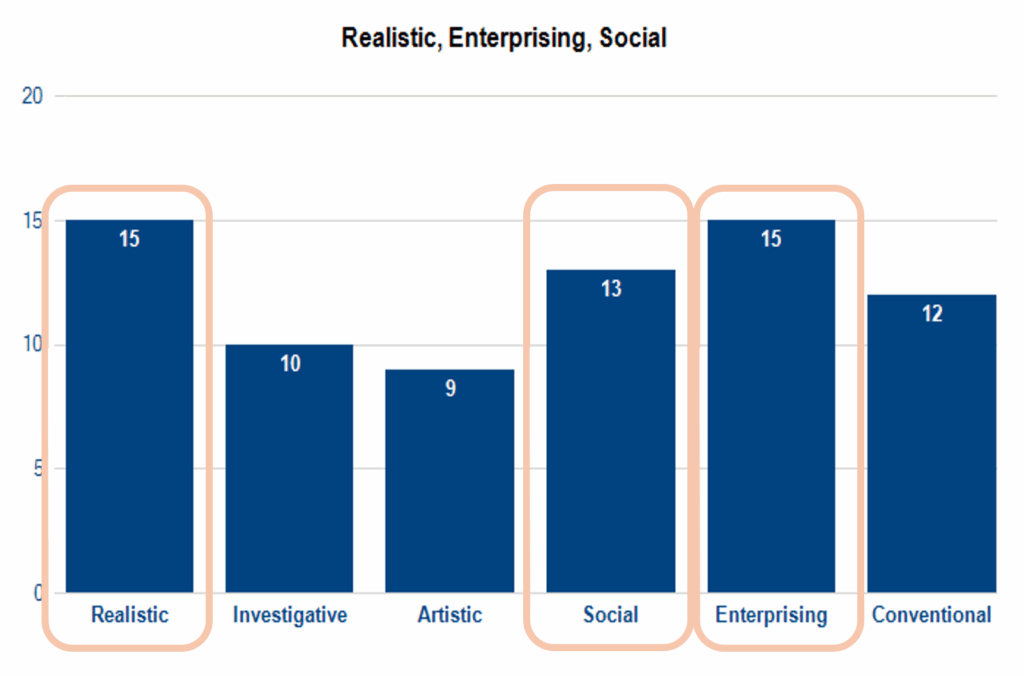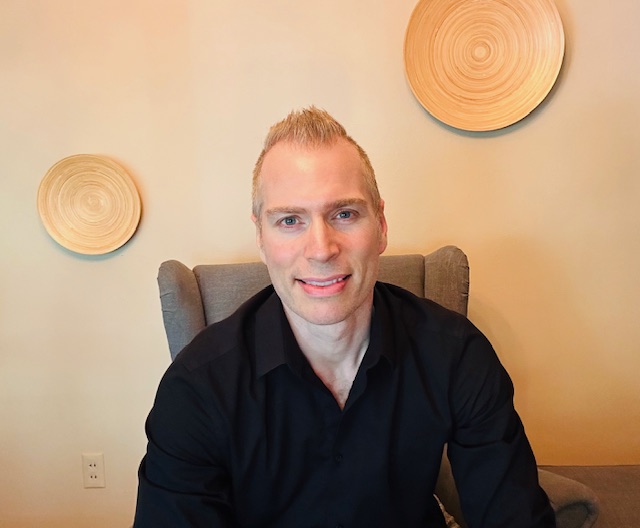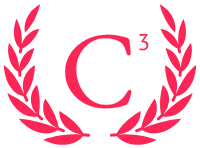Nate Van Heuveln | Psychotherapist & Consultant | Updated 04/25/2025
We make decisions every day based on what fits, what tastes good, what clothes feel right, what homes suit our lifestyle etc.
So why is it that, when it comes to our work, the thing we spend most of our waking hours doing, we often ask, “What is a fulfilling career?”
At Criterion Counseling & Consulting, we begin by asking: “What makes a career fulfilling for you?”
This is because true career fulfillment comes from aligning your work with who you are.
More specifically, this means taking a more science-based approach to identifying your job task preferences, values, preferred working conditions, and your skills.
Note: The information in this post is for educational purposes only and does not substitute for mental health care from a licensed provider. If you are experiencing a mental health crisis or emergency, call 988 or 911 for all other emergencies.
What Is a Fulfilling Career?
Before we explore how to have a fulfilling career, let’s define it: a fulfilling career provides you with a sense of purpose, uses your strengths, and energizes you rather than drains you.
The One Place We Ignore Fit and Why Job Search Matters
Sometimes we tolerate mismatch in our jobs for years. We ask “Why job search?” or “Why is job search so difficult?” These sentiments, despite starting from a place of frustration or complacency, can be the first steps toward a better fit. Although searching for work that matches your values and personality often feels overwhelming, it’s essential for lasting job satisfaction. The good news is that there is a tried and true system for getting started.
What Makes a Career Fulfilling? The Power of Matching
Just as you wouldn’t keep eating food that makes you sick, you shouldn’t stay in a job that doesn’t fit. How to find a fulfilling career is really about learning to say no to roles that drain you and yes to ones that align with your core needs. But if you’re like many, you are unsure of where to start. Identifying your unique combination of core needs that characterize your preferences accurately is a great place to start.
Why Don’t I Like My Job? Recognizing Burnout and Misalignment
If you find yourself asking, “Why don’t I like my job?” or “Why am I so burned out?” it’s often because there’s a mismatch between who you are and what your role demands. Over time, that misalignment can lead to cynicism, resentment, and overwhelm, which is also known as burnout. You didn’t return to the restaurant that made you sick; you didn’t continue to wear the shirt that didn’t fit right; however, you continued to show up for a job you couldn’t stand – a job that undermined your mental health, all because you overlooked the matching principle.
How to Have a Fulfilling Career: Practical Steps with the RIASEC Approach
One approach to finding a fulfilling career is the approach we take at Criterion Counseling and Consulting is called R.I.A.S.E.C. The center of this work involves identifying your unique profile of work preferences in the context of the RIASEC framework, which stands for Realistic, Investigative, Artistic, Social, Enterprising, and Conventional.
Career assessments based on the RIASEC model usually produce a preference profile for individuals by identifying their top three occupational preferences. Below is an example RIASEC profile for someone who scored highest in areas related to hands-on work involving influence or leadership in the context of a significant degree of interaction with other people:

Realistic: Work involves designing, building, or repairing of equipment, materials, or structures, engaging in physical activity, or working outdoors. Realistic occupations are often associated with engineering, mechanics and electronics, construction, woodworking, transportation, machine operation, agriculture, animal services, physical or manual labor, athletics, or protective services.
Investigative: Work involves studying and researching non-living objects, living organisms, disease or other forms of impairment, or human behavior. Investigative occupations are often associated with physical, life, medical, or social sciences, and can be found in the fields of humanities, mathematics/statistics, information technology, or health care service.
Artistic: Work involves creating original visual artwork, performances, written works, food, or music for a variety of media, or applying artistic principles to the design of various objects and materials. Artistic occupations are often associated with visual arts, applied arts and design, performing arts, music, creative writing, media, or culinary art.
Social: Work involves helping, teaching, advising, assisting, or providing service to others. Social occupations are often associated with social, health care, personal service, teaching/education, or religious activities.
Enterprising: Work involves managing, negotiating, marketing, or selling, typically in a business setting, or leading or advising people in political and legal situations. Enterprising occupations are often associated with business initiatives, sales, marketing/advertising, finance, management/administration, professional advising, public speaking, politics, or law.
Conventional: Work involves following procedures and regulations to organize information or data, typically in a business setting. Conventional occupations are often associated with office work, accounting, mathematics/statistics, information technology, finance, or human resources.
With the results of the RIASEC profile, a career coach will often lead clients through a tailored process that puts new found self-awareness into career-related action or college major decision-making.
Ready to Find a Fulfilling Career? This Is What We Do at Criterion (C3)
If you’ve ever wondered “How to find a fulfilling career” or felt stuck asking “What makes a career fulfilling?”, it might be time to pause and realign. At Criterion (C3), we help you answer “What is a fulfilling career?”, starting on your own terms at a pace that’s right for you.
At Criterion Counseling & Consulting, we help people answer these questions. Whether we’re working with someone in therapy or providing career coaching, we’re looking to help get you to a place where you say, “Yes. This fits.” Our process flow is as follows:
- Assess your interests using the RIASEC framework (and more).
- Match your profile to roles that excite you.
- Action plan: using your profile results, create a strategy for next steps, whether that is creating a plan for engaging a new career or college major.
- Act: start making progress on the action plan and course correcting where needed.
That’s why the name “Criterion” matters to us. It means your standard, your fit. We build on your profile and definition of success, and that’s what we call The Criterion.
So, whaddaya say we get to work?

Based in Saint Cloud, Minnesota and Serving Central Minnesota and Beyond
We work with clients locally and virtually. If you’re in Saint Cloud, Minnesota or anywhere in Central Minnesota and are looking for practical no-nonsense coaching to explore career or life direction, we’d love to connect for a free 15-minute phone consultation to learn whether our services would be a good fit for what you’re looking for.
And if you’re not local? We offer virtual sessions and career coaching that can support you from wherever you are.
If this article is resonating with you, don’t stop here! Subscribe for FREE to my Substack newsletter for a personal take and exclusive insights into my own experiences with career development. (Skip the Pledge option because I’m not accepting pledges.)
REFERENCES
- National Center for ONET Development. (2025, April 8). Browse by Interests. ONET OnLine. Retrieved April 25, 2025, from https://www.onetonline.org/find/descriptor/browse/1.B.1 (Cite this Page)
- Williamson K, Lank PM, Cheema N, Hartman N, Lovell EO; Emergency Medicine Education Research Alliance (EMERA). Comparing the Maslach Burnout Inventory to Other Well-Being Instruments in Emergency Medicine Residents. J Grad Med Educ. 2018 Oct;10(5):532-536. doi: 10.4300/JGME-D-18-00155.1. PMID: 30386478; PMCID: PMC6194874.

Nate Van Heuveln, Owner, Pre-Licensed Psychotherapist, & Consultant
Criterion Counseling & Consulting
Book a free 10-minute discovery call or email for questions.
We’re here to help. Let’s talk.




